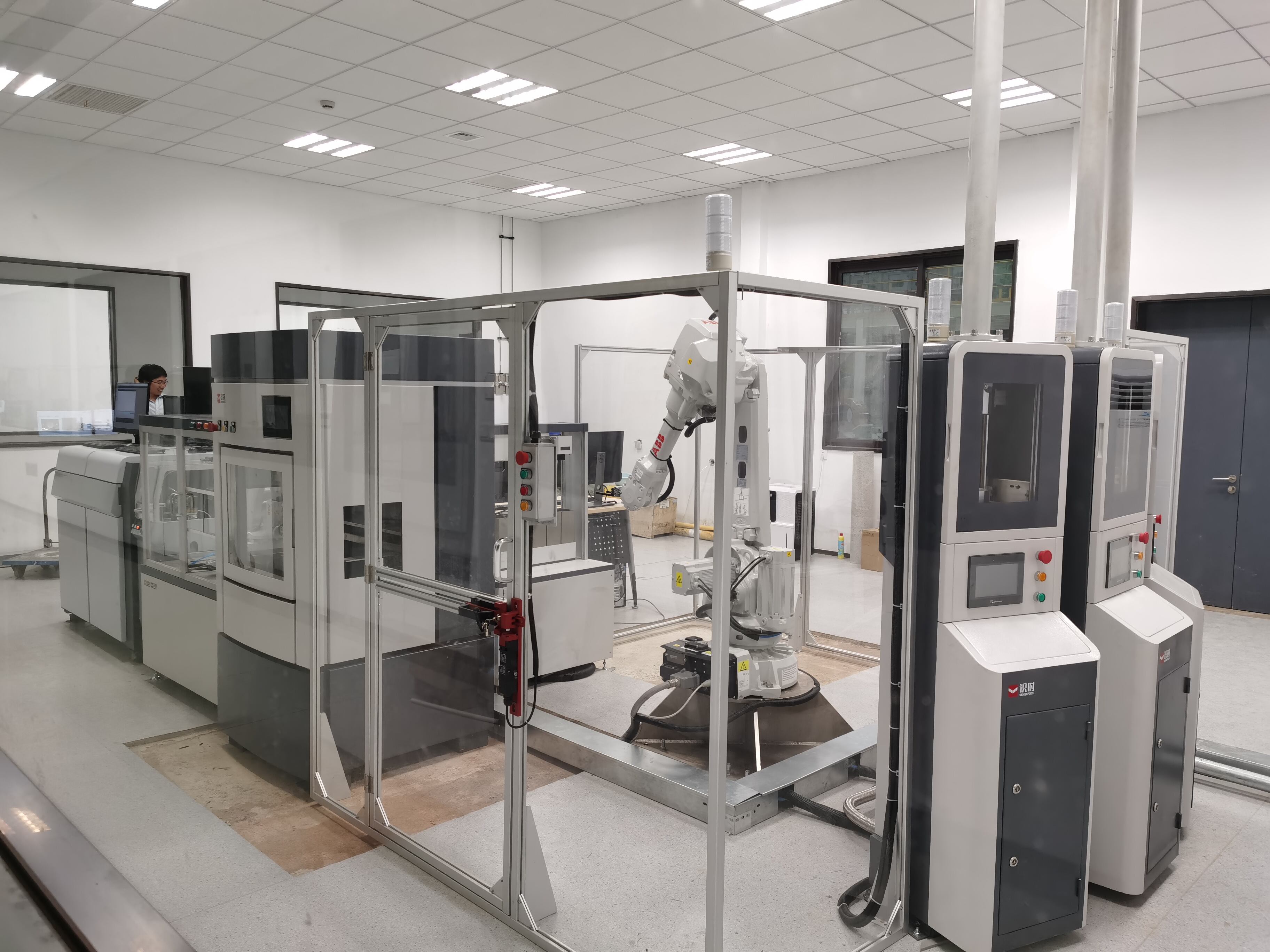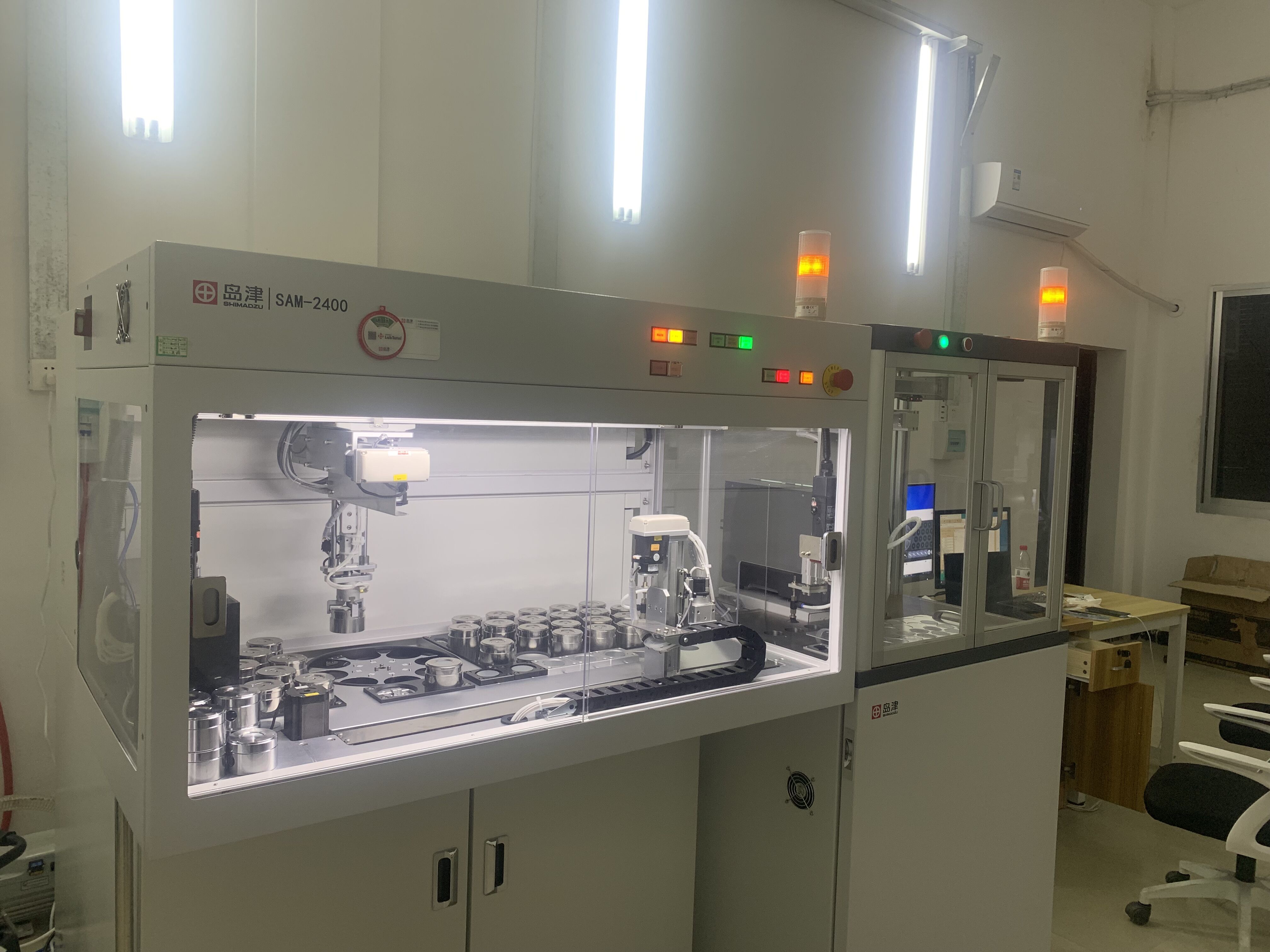industrial automation systems
Industrial automation systems represent a sophisticated integration of hardware, software, and mechanical components designed to streamline manufacturing processes and enhance operational efficiency. These systems incorporate advanced technologies such as programmable logic controllers (PLCs), supervisory control and data acquisition (SCADA) systems, and robotics to automate various industrial processes. At their core, these systems handle tasks ranging from basic assembly line operations to complex process control in manufacturing facilities. They utilize sensors, actuators, and control systems to monitor and manage production processes in real-time, ensuring consistent quality and optimal performance. The systems can be programmed to perform repetitive tasks with high precision, collect and analyze production data, and make autonomous decisions based on predetermined parameters. Modern industrial automation systems also feature advanced connectivity capabilities, enabling seamless integration with enterprise resource planning (ERP) systems and supporting Industry 4.0 initiatives. They can be customized to meet specific industry requirements, whether in automotive manufacturing, food processing, pharmaceutical production, or other industrial sectors. These systems also incorporate safety protocols and emergency shutdown procedures, ensuring worker safety while maintaining productive operations.

